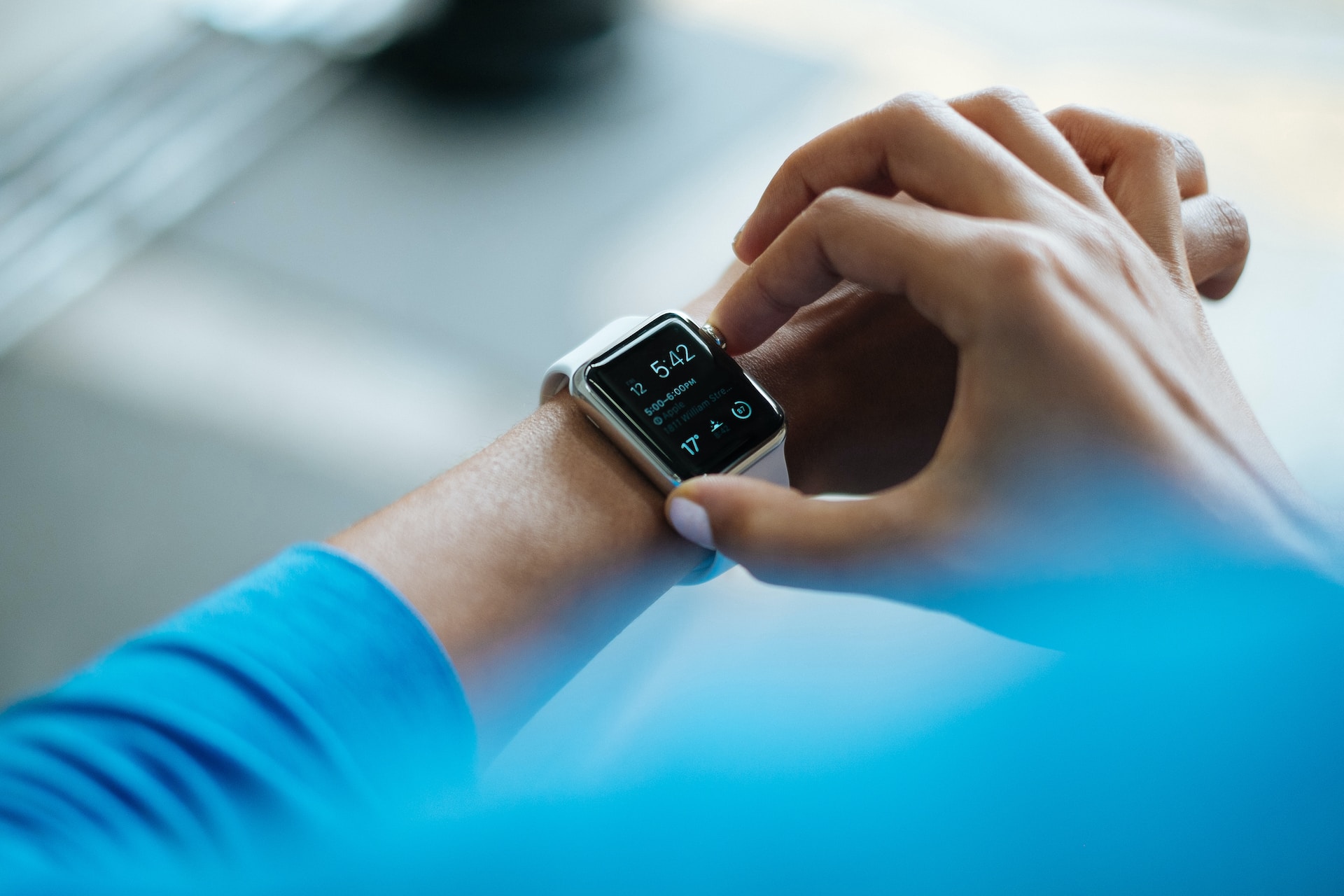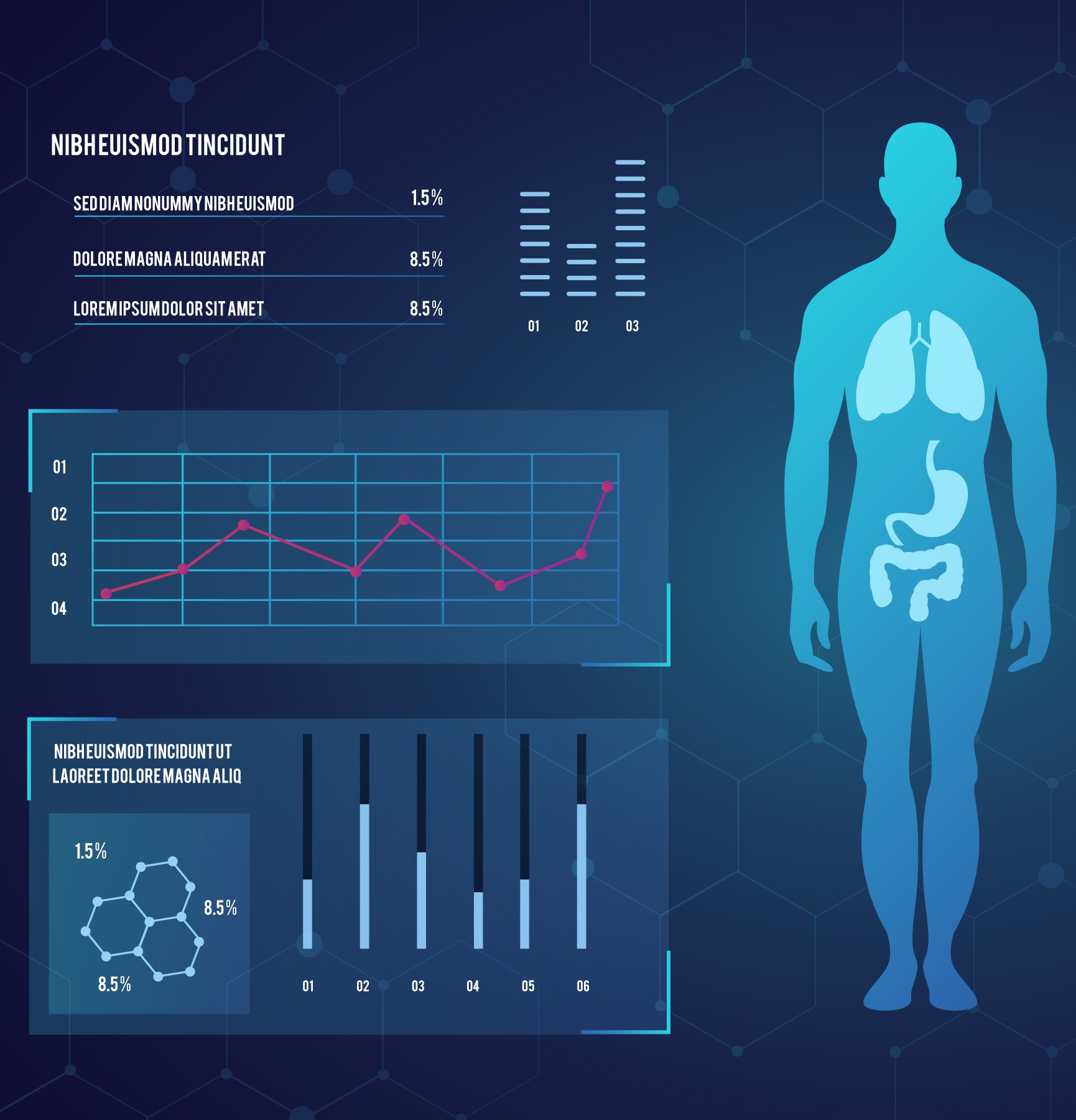How has
Computer Science advanced Healthcare?
In an increasingly digitised world, the influence of computer science on healthcare is undeniable. This page delves into this evolving relationship, exploring how technology is reshaping the healthcare landscape. From artificial intelligence aiding in medical diagnoses to the adoption of electronic health records, we'll uncover the various impact of these advancements.

Telemedicine
Telemedicine platform facilitate remote consultations and enhanced chronic conditions monitoring, benefiting elderly patients in remote or rural areas. Some businesses and researchers are working on telesurgery, a field in which robotic systems are used for remote surgery. This has become more viable due to improved networking technology such as 5G.

Healthcare Wearables
Wearable technology features built-in sensors for tracking activity and monitoring health. These sensors collect data and utilize algorithms and machine learning for analysis. Some wearables, especially those with ECG capabilities, prove invaluable for early intervention and ongoing patient condition monitoring.

Radiology and Imaging
Artificial intelligence, notably Mia (Mammography Intelligent Assessment), assists radiologists by helping them work more efficiently, These technologies allow radiologists to devote more time to patient care or screen greater number of people quickly. It's a vital tool in enhancing the accuracy and efficiency of diagnosis and treatment.

Big Data Analysis
Big data analysis in healthcare involves the collection, processing, and interpretation of vast amounts of health-related information. This data allows healthcare providers to identify patterns and enables early disease detection and personalized treatment plans. Moreover, big data analytics can enhance research, drug development, and healthcare operations.
Future of Healthcare with Computer Science?
Over the past decades, healthcare has rapidly improved with the advancement of technology. Now, Brain-Computer Interfaces, once the stuff of science fiction, are becoming more realistic. It prompts us to imagine whether there will be a day when our health information is seamlessly collected by in-body sensors, seamlessly tracking and monitoring our well-being. However, the question remains: is this a utopian vision of healthcare, where everything is convenient and precise, or does it raise concerns of a dystopian future where privacy and autonomy are compromised?
 Image by
Image by